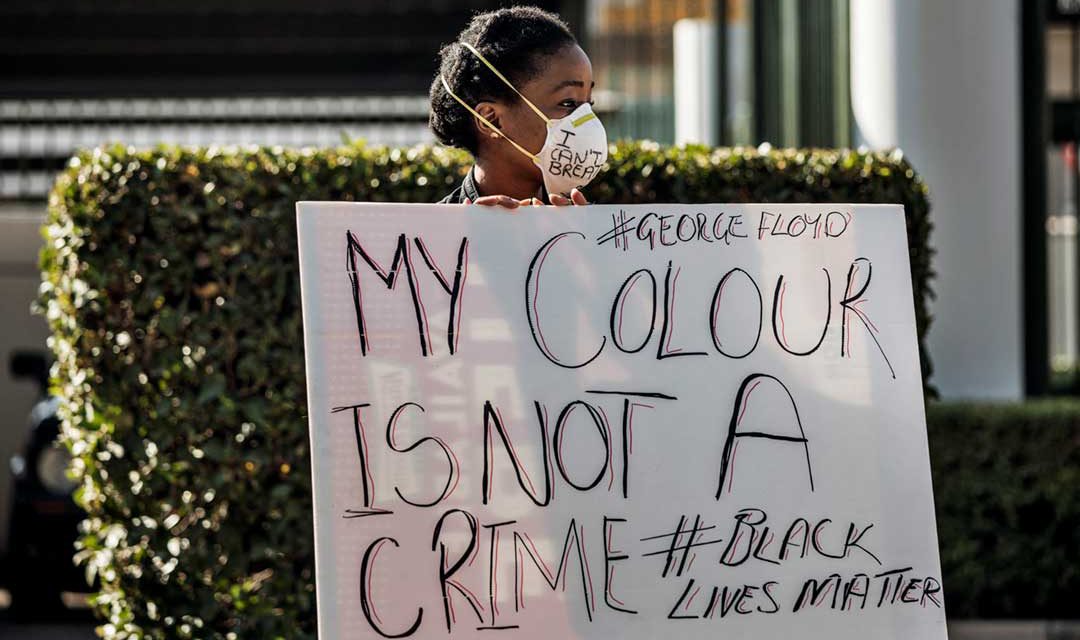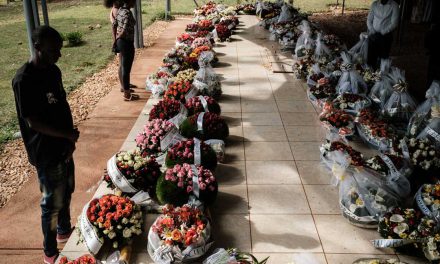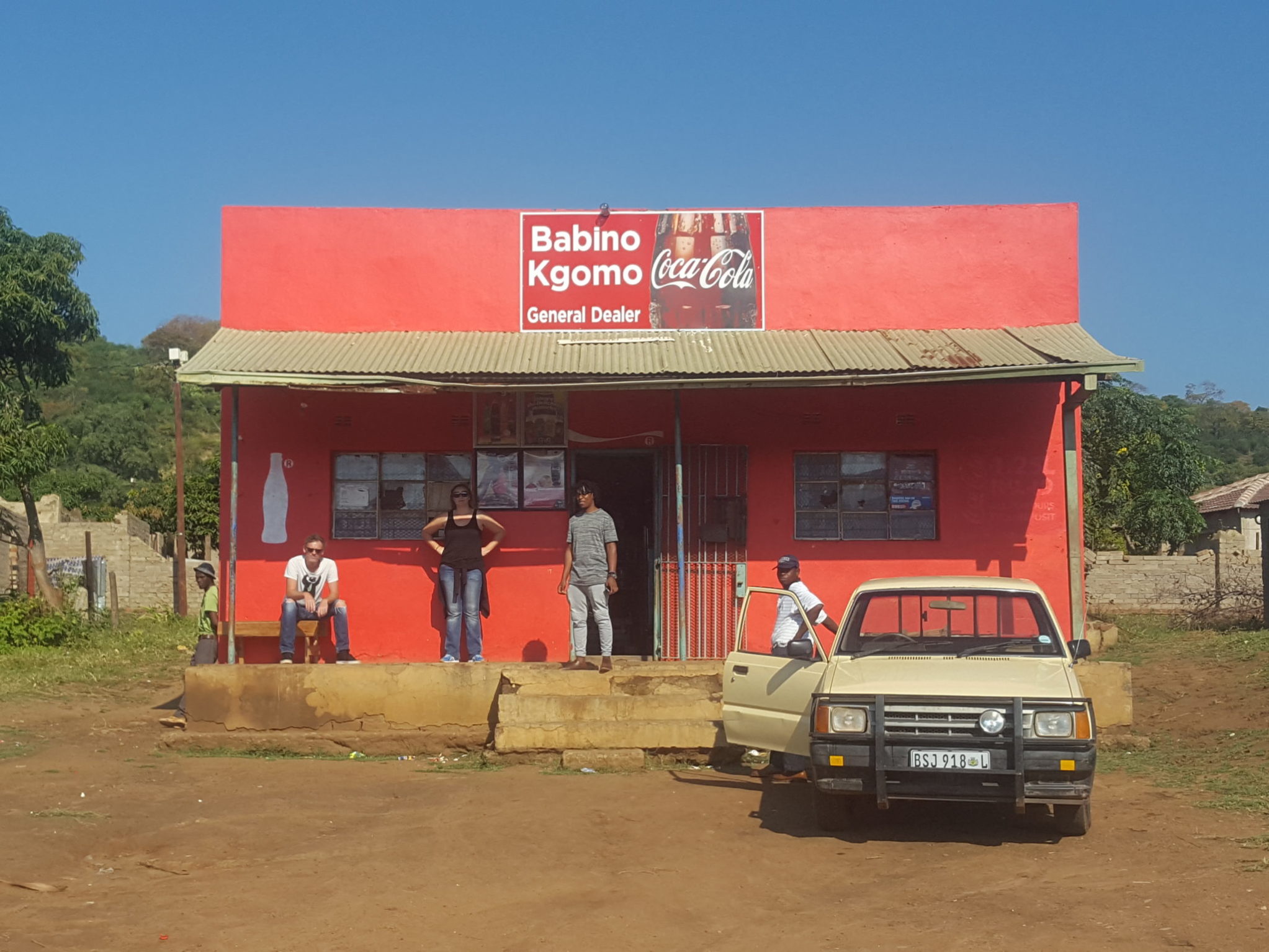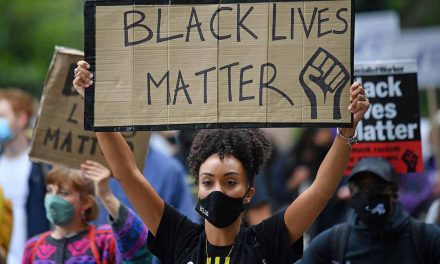South Africa: race relations
When white ‘allies’ want to make a difference will there still be space for their contribution?
By Rian Malan
The great struggle of my life thus far has been to come to terms with and, if possible, escape the consequences of being white. The need is, of course, particularly acute for a white South African burdened by ancestral sins of apartheid and colonialism, but it seems my counterparts in the West are not immune. Witness for instance all the earnest young whites seeking to wash themselves clean by joining the clamour on American campuses for “safe spaces” in which blacks can cosset their pain while whites sit in the corner, apologising profusely and occasionally whipping themselves into a frenzy of masochistic self-abnegation. That’s me in the 1970s, denouncing “bloody Dutchmen” like my father, and staying up all night to read the revolutionary polemics of Louis Althusser. In contemporary America young radicals are more likely to read a gender warrior like Professor Judith Butler of the University of California, one of the most influential intellectuals in the world today. Butler visited South Africa in May 2016 as part of a posse that included the resolutely anti-capitalist Professor Wendy Brown and the even more radical Professor David Theo Goldberg, an authority on neoliberals who profess “racelessness” while secretly working to oppress blacks everywhere. Collectively, these three Americans are a formidable force in the struggle for social justice. Between them, they have published 33 books, some of which are sacred texts for the leftists who led last year’s student uprising in SA.
That’s why they came here—to participate in a seminar at the University of the Western Cape (UWC), but also to show solidarity with student rebels. One problem: they were all white, and young black South Africans don’t like it when honkeys presume to speak on their behalf. During question time at UWC a group of young pan-Africanists rose to protest the manner in which they’d been “spoken over, dismissed and undermined” by whites in the audience and on the podium. When moderator Professor Xolela Mangcu declined to yield the floor, they seized the microphone and started toyi-toying aggressively, lunging at Mangcu in a threatening manner and accusing him of selling out to “these people”. As one of the protesters explained later, these antics were necessary to dispel the “false impression” that whites could make any contribution at all to the decolonisation debate. This episode frames an interesting question: what are whites supposed to do if their skin renders them unwelcome on principle? Alternatively, how are we supposed to react when Julius Malema, leader of the opposition party known as the Economic Freedom Fighters (EFF), says all whites are “criminals and must be treated as such”? Yes, it’s just rhetoric aimed at stirring up racial resentment for political gain, but that’s exactly how Hitler began, and look what he wound up doing. And it isn’t just Malema anymore. Talk radio debates are rife with anti-white sentiment; the Twitter sphere likewise. Yes, there are dissenting voices; and yes, leaders of the ruling African National Congress (ANC) occasionally reaffirm a belief in colour-blindness. But then they hit the campaign trail and urge blacks to unite against the Democratic Alliance (DA) because it was founded by white people. As President Jacob Zuma put it the other day, “A snake is poisonous and only gives birth to another snake.”
Am I a snake? At this point in my life I would rather die than engage in grovelling apologetics, so let me plead guilty, arguendo. We came, stole the land, and turned black men into mine boys who earned 13 shillings a month while white gold barons swilled champagne. We also introduced the wheel and modern industry, not to mention the smart phone glued to your ear, but never mind: you’re right, we are guilty as charged. So what do we do about it? Scarcely a day passes without South Africans being told that their society is one of the most unequal on the planet thanks to the sinister machinations of “white monopoly capital”. So it’s true that white households earn six times more than black ones. But it’s also true that the average white is 38 years old, and therefore likely to have been working and earning raises for decades, while the average black person is 21 and most likely jobless. But let’s not argue—incomes are skewed in white favour, and guess what? White people feel bad about it, and have tried to correct it. In the formal sector, the only one where white capital holds sway, the income gap between (mostly white) bosses and (mostly black) employees is surprisingly narrow, slotting in between Ireland and Switzerland in the global inequality rankings. It’s only when you factor in the teeming unemployed (upwards of 60 percent in some rural areas) that South Africa starts looking like a slave plantation. Is it possible for capitalism to create enough jobs to ease black pain? Theoretically yes, but investors are wary of the manner in which the South African state’s black empowerment manoeuvres are strangling private enterprise.
Would you set up a business in a country where you might be required to surrender 51 percent ownership to anyone, for any reason? You’d have to be insane. So investors keep their distance, the economy stagnates, and black pain worsens, creating a climate ripe for demagoguery of the sort punted by Malema’s EFF, which has now taken to portraying whites as “descendants of colonial murderers” whose power must be broken by “hardcore Marxist-Leninist” measures. I understand why blacks find such talk persuasive, but the EFF is clearly bent on replicating the ideological folly that has destroyed Zimbabwe. If South Africans were rational, we would look upon Zimbabwe with horrified fixation and focus all our energy on avoiding the same fate. Instead, we are blundering blindly towards Harare. As I write, the outside world is applauding the outcome of South Africa’s 2016 municipal elections, which saw the DA (the only major party whose positions do not rest primarily on race) making major gains in our biggest cities. Granted, the DA’s hold on power is tenuous, but it lifted my heart to see whites helping to vote black men into the mayoralties of Johannesburg and Pretoria. It was a sweet but probably short-lived moment of hope for non-racialism. Why? Because the ANC’s response to its electoral setback has been to intensify its onslaught on whiteness in the hope of winning back lost ground. Within hours of losing its once-towering majorities in Pretoria and Johannesburg, the ruling party entered coalition talks in which it reportedly stated it was “ready to move” on the EFF’s entire agenda—including nationalisation of mines, banks, and white-owned farmland—in return for EFF support in keeping the party of “snakes” out of power.
If the EFF hadn’t demanded the removal of embattled President Zuma too, the verdict of history on our recent elections might have been radically different. And we would have been several steps closer to Zimbabwe. Eish! This country! “Consciousness of race is a deadly explosive on the tongues of men,” said African-American novelist Zora Neale Hurston. We whites laid the dynamite, and now it is threatening to blow us all up. But there is a point of light out there. According to a survey carried out last year by the Institute of Race Relations, the vast majority of ordinary South Africans (85.4 percent) want blacks and whites to work together, while 59 percent agree that “all this talk of racism and colonialism is just an attempt by politicians to find excuses for their own failures”. Those good people should ignore politicians and pundits (including this one) and listen to each other.











